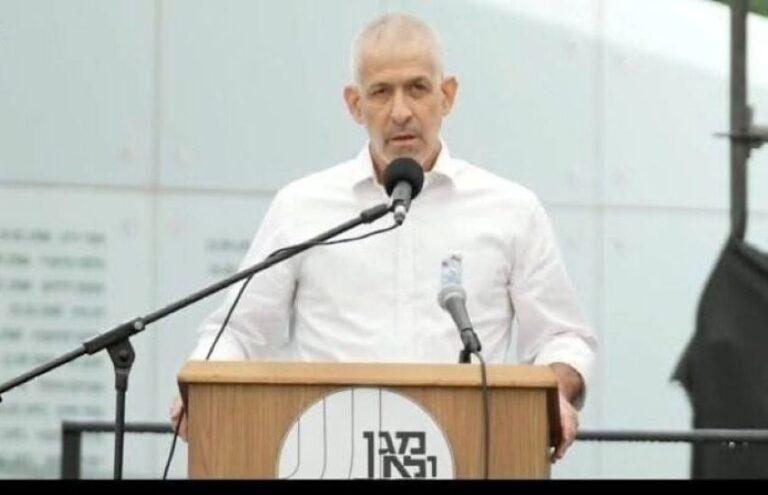Ilan Erez, Israel Electric Company (IEC) Director of the Beit Shemesh District says, “Meter readers from the chareidi sector are integrating homogenously and naturally in the residential areas of the sector, in a way that enables the IEC to provide better service and better suited to our customers”
The Beit Shemesh area of the Israel Electric Corporation has recently hired three chareidi workers as meter readers in Beit Shemesh. Meter readers were hired as half-time company employees. The workers, who live in the city of Beit Shemesh and Betar Illit, are dressed in black clothes, walking between the houses and the buildings in the heat of the past few days, using company scooters or on foot.
The recruitment of meter readers from the chareidi sector is the result of a number of parallel processes that have taken place in recent years; More and more chareidi women and men are integrating into the general labor market and are looking for sources of income. The city of Beit Shemesh is growing and developing and is mainly inhabited by chareidim, along with the demand for electric for meter readers, especially in developing regions.
“The chareidi population is usually a closed group, and readers of the chareidi community that we recruit integrate in a homogeneous and natural way in the residential areas of the sector, enabling us to provide better service and better suited to our customers,” said Ilan Erez,
IEC reports 0.9% of its employees are chareidim, most working at the company’s 103 consumer service number; 12 working as electricians after completing a the required course given by IEC. There is also an ongoing class for males and females from the chareidi sector being certified to work in the company’s IT department.
IEC officials add, “The IEC has a policy of integration and multi-disciplinary action led by the Company’s Board of Directors and management to provide appropriate representation to members of the Ethiopian community, minority members, including Druse, women and people with disabilities, and special target populations such as SLA (former Southern Lebanese Army members) employees, chareidim, etc. On the multifaceted transaction, which serves as an address for employee and employer inquiries regarding appropriate representation, subject to the policy of the Board of Directors and the professional guidelines set forth by the Commission for Equal Opportunities”.
(YWN – Israel Desk, Jerusalem)











